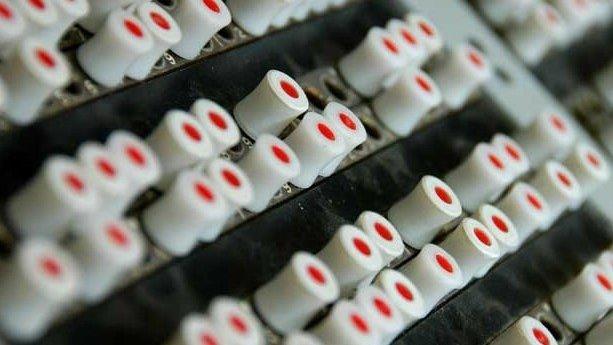Bletchley Park codebreaker Jerry Roberts dies, aged 93
- Published
Raymond "Jerry" Roberts spoke to the BBC in 2010 about cracking the Tunny code
Raymond "Jerry" Roberts - one of the last of a top World War Two codebreaking team at Bletchley Park - has died, aged 93, following a short illness.
Capt Roberts, from Liphook, Hampshire, was part of a group that cracked the German High Command's Tunny code at the British codebreaking centre.
Their decrypts made it possible to read Hitler's own messages during the war.
The team is credited with helping to shorten the war by at least two years.
Hitler's top generals
Capt Roberts joined Bletchley Park, in Buckinghamshire, as a German linguist and was among four founder members of the Testery section - named after its head Ralph Tester.
Their target was to crack a system known as Tunny, which carried the messages of Hitler's top generals and even the Fuhrer himself.
The system used four times as many encryption wheels as the famous Enigma machine - which carried military communications.
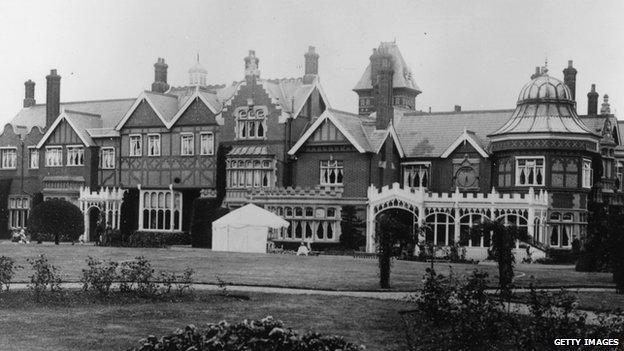
Bletchley Park, where the Tunny code was deciphered
Reminiscing years after WW2 - when he could finally talk about his work - Capt Roberts said he had taken delight in reading Hitler's messages, sometimes even before the intended recipient.
He described the intelligence the team had gathered as "gold dust" in a 2013 BBC interview.
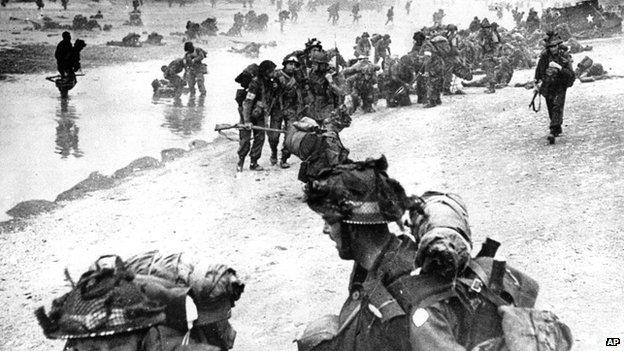
The intelligence gathered at Bletchley Park proved key to the D-Day landings
It was "top-level stuff" referring to the movement of entire armies, he said.
This stream of intelligence proved vital in the Allied D-Day invasion and helped save many lives.
'Exciting time'
"We were breaking 90% of the German traffic through '41 to '45", Capt Roberts recalled in one interview.
"We worked for three years on Tunny material and were breaking - at a conservative estimate - just under 64,000 top-line messages."
He added it had been "an exciting time" whenever the team "started getting a break on a message and seeing it through".
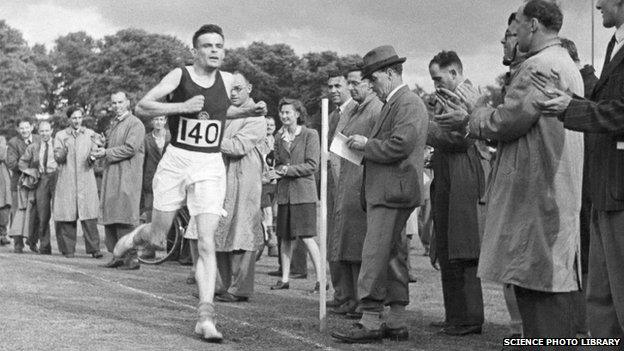
Capt Roberts campaigned for further recognition of his colleagues – including Enigma codebreaker Alan Turing (above)
Capt Roberts later received an MBE and became a tireless ambassador for the memory of those who had served in secret.
He spent years campaigning for greater acknowledgement of his colleagues, including Alan Turing, who broke the naval Enigma code.
'Unique time'
And he argued the Testery group as a whole should he honoured for its work - including Bill Tutte, who broke the Tunny system, and Tommy Flowers, who designed and built the Colossus - which sped up some stages of the breaking of Tunny traffic.
Capt Roberts said the work done at Bletchley Park had been "unique" and was unlikely to happen again.
He said: "It was a war where we knew comprehensively what the other side were doing, and that was thanks to Alan Turing, who basically saved the country by breaking Enigma in 1941."
Capt Roberts worked at Bletchley Park, Buckinghamshire, until the end of the war before spending two years at the War Crimes Investigation Unit, and then moving on to a 50-year career in marketing and research.
- Published11 April 2013
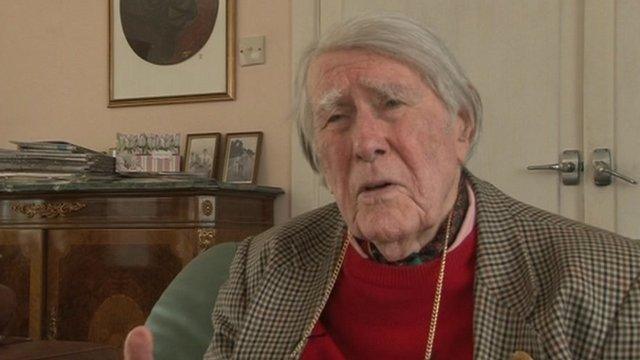
- Published29 December 2012
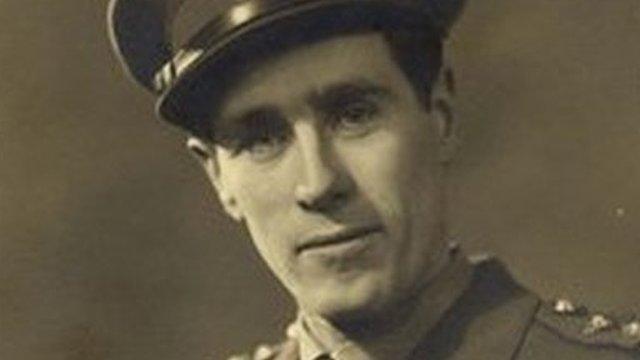
- Published7 February 2014
